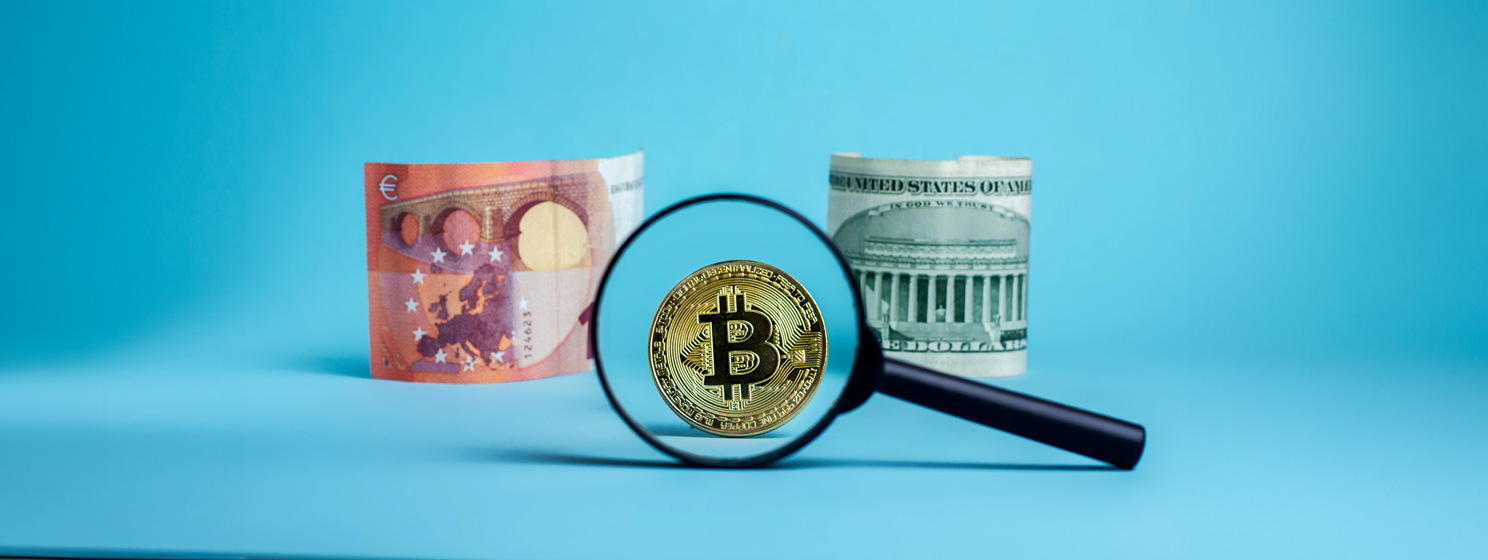|
Getting your Trinity Audio player ready...
|
South Korea’s central bank is weighing launching deposit tokens on public blockchains to better compete with stablecoins, local media reports.
Speaking at the 8th Blockchain Leaders Club in Seoul, Lee Jong-ryeol, the deputy governor of the Bank of Korea (BOK), revealed that the regulator is considering “a plan to link [our] deposit tokens with the public blockchain network.”
Jong-ryeol described the new token as “a type of stablecoin issued within the digital currency system built and operated by the Bank of Korea.” This would make it a centralized token under the control of the bank.
However, the central banker added that BOK is weighing integrating the token with stablecoins issued by the private sector. The central bank says the token could enable it to “safely and soundly develop the digital currency ecosystem from a national perspective,” he added.
Jong-ryeol was scant on details such as whether the bank would limit access to the tokens and if they would be available to users beyond South Korea. Naturally, if they were availed on a public blockchain, the central bank would cede control over the tokens and they would trade freely across borders. In such a scenario, the tokens would be more like stablecoins, but with the BOK as the issuer. This would make the bank the first in the world to compete with private issuers like Circle and Tether, which dominate the market.
While the project has baffled many experts, who are still unsure how it will be implemented, it is little surprise that the top bank is exploring alternatives in response to the rise of United States dollar-pegged stablecoins.
Being one of the largest digital asset markets, South Korea has recorded a parabolic rise in the use of stablecoins in ‘crypto’ trading and beyond. One local outlet revealed that in Q1, Koreans transferred 27 trillion ($20 billion) in stablecoins to offshore addresses, accounting for half the total digital asset value.
With stablecoins still a nascent field for most central banks, BOK is among those rushing to devise a solution that allows it to prevent crime and implement monetary policies. Some, like the European Union, have prohibited the use of stablecoins that are not licensed and regulated in the region. Others, like the United Kingdom and the United Arab Emirates, require stablecoin issuers to obtain payment licenses and adhere to industry standards.
Still, South Korea’s response is the most unique as it would pit a central bank directly against the private sector. But then again, the Israeli central bank has proposed paying interest on its central bank digital currency (CBDC) to directly compete with commercial banks.Speaking to one news outlet, Peter Chung noted that it remains unclear how the BOK intends to operate the proposed system. Chung’s Presto Labs operates an algorithmic trading platform.
“…the way to protect monetary sovereignty is not by tinkering with token design or network architecture, but through sound monetary and fiscal policies,” he stated.
Meanwhile, the Democratic Party of Korea (DPK) is ramping up advocacy for a won-pegged stablecoin. The party has
targeted digital asset owners with pledges of better regulation in the leadup to the June 3 elections, including local stablecoins to compete with USDT and USDC, which dominate the Korean market.
Thailand eyes’ crypto’ payments for tourists
In Thailand, the government plans to enable digital asset payments for tourists following a limited trial earlier this year.
The Thai Ministry of Finance revealed that it’s working on a plan that will allow tourists holding digital assets to make direct payments via debit and credit cards while purchasing local goods and services. The local merchants would receive the payments in the Thai baht and would not need to know that digital assets have been involved.
The new initiative is under consideration by the Bank of Thailand (BOT) but has yet to receive a green light. It would also require some vital infrastructural changes, the ministry acknowledged.
“In some foreign countries, it’s already possible to use crypto for purchases by linking it to credit cards,” Finance Minister Pichai Chunhavajira stated in his speech at a local financial industry event.
“This approach can be immediately adapted for Thailand, provided the supporting systems are in place, but it will not involve our domestic currency.”
In January, Pichai announced a pilot program that allowed foreign tourists to pay in digital currencies in Phuket, the country’s main tourist destinations.
Watch: Blockchain is much more than digital assets

 03-01-2026
03-01-2026 




